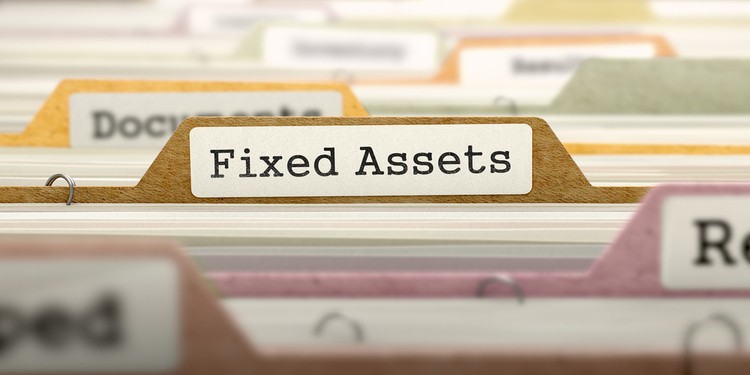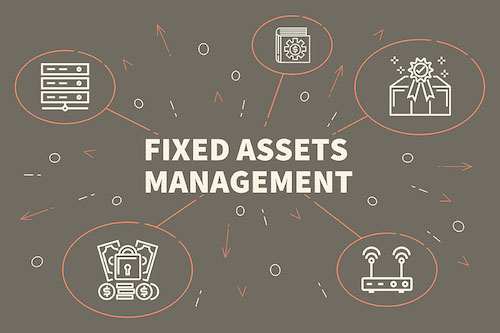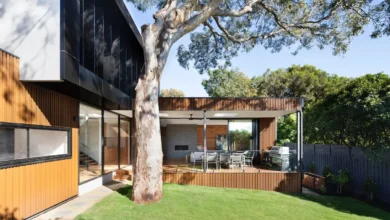Securing Your Fixed Assets in the UAE

As an individual, each person has a unique set of assets that must be safeguarded legally. As a business owner or entrepreneur, asset protection will significantly lower your risk of loss should any financial threats or liabilities develop in the future, allowing you to concentrate on growing your organization. Due to the high percentage of ex-pats living here compared to citizens, inheritance rules are a significant source of anxiety for many residents. In this short piece, we’ll address two critical issues for securing your fixed assets in the UAE:

- What will happen if our country’s inheritance laws prevail against Sharia law in the UAE?
- UAE law applies to all ex-pats regardless of nationality or religion, or even just UAE
For non-Muslims, What Happens if they Pass away in the UAE Without a Will?
When a person passes away intestate, it means they died without having made or registered a will. For securing your fixed assets in the UAE Civil Code, the courts may follow Sharia law regarding the inheritance of assets and custody of children if a person dies intestate. A non-Muslim expat’s possessions, including bank accounts, will be regarded frozen after he dies in the UAE (intestate).
This means that no further transactions on the same will be allowed until the law intervenes and rules on the asset allocation. Even if the deceased person died in another country, a death certificate and proof of assets, such as a property title deed, bank account information, a trade licence, etc., must be shown to the court by the legal representative if the deceased person died outside the United Arab Emirates.
Legal Heir Certificate must be requested together with the documents mentioned above as well. To prove their legitimacy before the court, the legal heirs must show two male witnesses members of the same faith as the deceased. The court will then issue a legal heir certificate. Sharia-compliant calculations will be included in the Legal Heir Certificate, which will list the percentage of shares that each legal heir is entitled to.
The Registry has been constituted as a separate legal entity within the authority of the DIFC Courts. In the DIFC, non-muslim ex-pats can now register their wills, making it easier to settle their immovable property disputes in the United Arab Emirates once they die.
You can Register your will in a Variety of Places with Different Authorities
- Service Center DIFC Wills (jurisdiction only in RAK and Dubai)
- Courts in Dubai (All over the UAE)
- Department of Justice in Abu Dhabi (All over the UAE)
Wills can be Divided into Two Categories
- An individual’s will is referred to as a “Single Will.”
- Mirror wills are wills that reflect each other and are intended for a husband and wife.
Center for Customer Service at DIFC
DIFC allows the Testator (the person who makes a will) to register their testamentary document. Please be aware that only Dubai and Ras Al Khaimah assets are subject to DIFC’s jurisdiction. As you may be aware, DIFC allows you to file your Will in English. However, you must register your WILL in Arabic or bilingually (Arabic and English).
Additionally, DIFC probate makes it simple for the executor to carry out the testator’s last wishes after their death, thanks to DIFC probate. DIFC Will Service Center prices are based on US Dollars, so you may find them a little pricey for all the ease.
Making a Will and Registering it with the Abu Dhabi Judicial Authority (ADJD)
As of August of last year, the ADJD has established a separate office for non-Muslim will registration, making the overall registration process more streamlined and less expensive.
For non-Muslim wills, ADJD has established a separate office, making the registration process for securing your fixed assets in the UAE simpler and more affordable. The whole thing can be done on the internet. Once you’ve drafted your will according to your specifications and in the format specified by ADJD, you must upload it to the ADJD website.
You must also have the complete document translated by an authorized legal translator before you can upload it. Before uploading the will, make sure you get the translator’s stamp on it. After that, scan and submit them both. When completing the online process, you’ll be asked for information about the testator, as well as where they’ll be registering.
Register an Account with the Site
To upload your will and other required papers, you must first register an account with the site. The following documents are needed for the registration of a will in ADJD:
- Copies of the Testator’s passport (One who writes his will is known as a testator)
- Page of the Visa and Emirates Identification Card (If the party permanently resides in UAE)
- The property’s title deeds (if there is a mention of specific properties)
- Vehicle ownership information (if there is a mention of particular properties)
- If you wish to include your company’s assets in your will, you’ll need a copy of your share certificate and your trade licence.
- The photo identification and registration certificate of the legal translator
While uploading the will, you must also provide a copy of your passport or Emirates ID card. The rest of the paperwork must be completed and submitted on the same day. As the day of registration as the registration form itself.
AED 950 for Single Will and AED 1900 for Mirror Will must be paid online once. The department has accepted the will following verification and inspection. One person’s will is called a Single Will, while Mirror Wills are identical wills that mirror one another. For example, one person in a relationship may leave their fortune to the other in the event of death.
The department will issue the date of appointment once payment has been received. At that point, you can personally attend the office and register your wills. In addition to these two options, a person may use a simple notarization method to register or secure their fixed assets in UAE court.
Visit articletab.com for further details about Real Estate assets and new projects in UAE as Lamtara apartments and many others.






